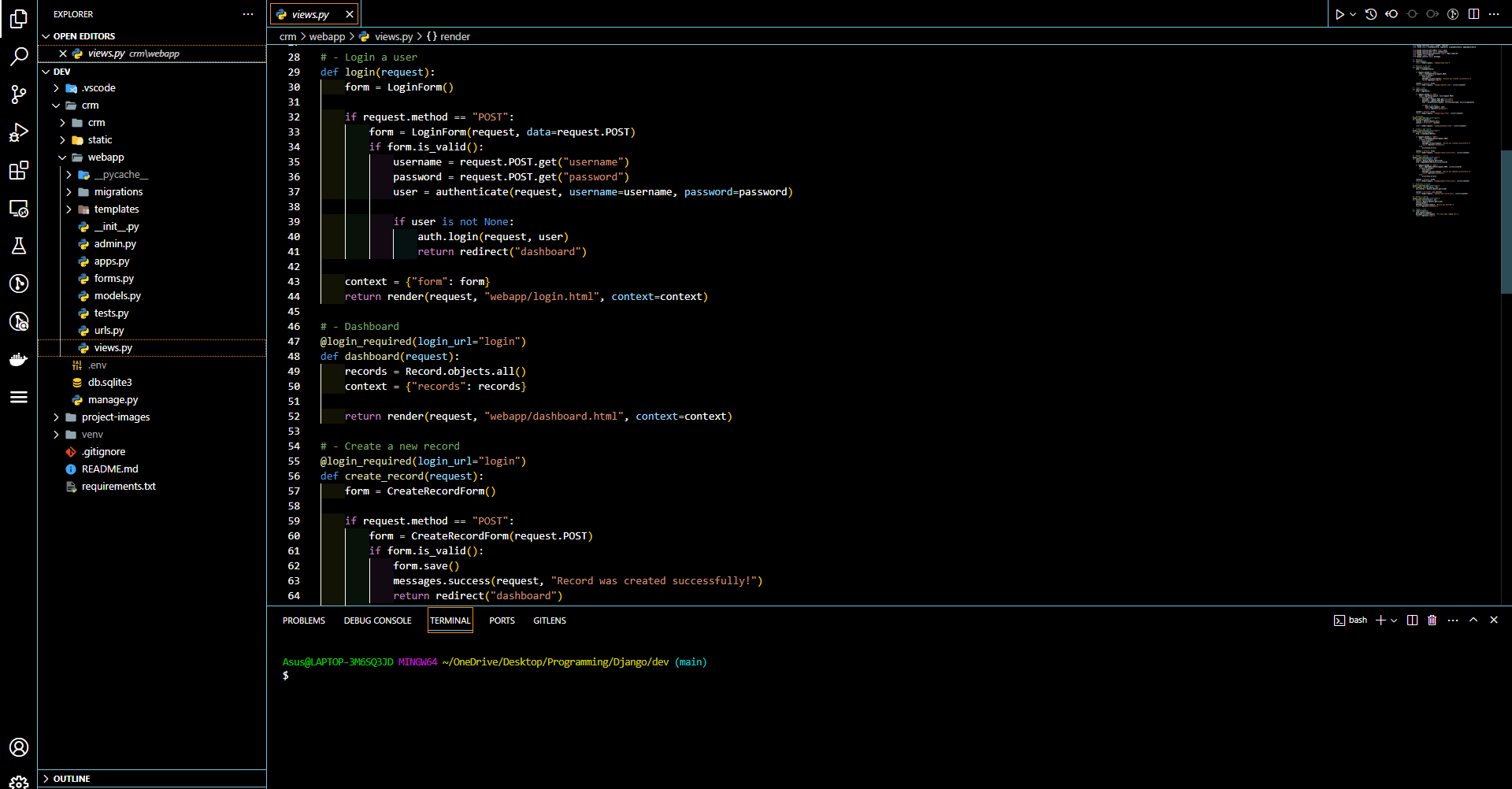Are you torn between artificial intelligence and software engineering? Both fields play big roles in tech. This blog will show their differences and where they work together. Keep reading to learn more!
Defining the Fields

Artificial Intelligence delves into creating systems that simulate human intelligence, like problem-solving and learning. In contrast, Software Engineering focuses on developing applications and software using engineering principles.
Artificial Intelligence
AI Engineers work on creating smart systems. They focus on areas like machine learning and natural language processing. Their job is to make systems that can learn, change, and decide on their own.
These engineers usually study computer science or math with a special focus on AI.
Developing AI involves making algorithms for machines to learn from data. This can lead to applications in things like understanding human speech and teaching robots to see. AI plays a big role in today’s tech world, from helping computers understand us better to making smarter robots.
Software Engineering
Moving from discussing Artificial Intelligence, software engineering takes a broader approach to creating technology. This field covers design, development, testing, and maintenance of applications.
Software Engineers aim to build solutions that are efficient, scalable, and reliable. They focus on meeting both user needs and business goals. These professionals often have a background in computer science or similar fields.
Their work spans the entire lifecycle of software creation from analyzing requirements to designing, coding, testing, deploying, and maintaining systems.
Software engineers use a wide range of technologies. They work with programming languages like Java, C++, C#, and Python. For web development, they use HTML, CSS, and JavaScript.
Web development requires these skills for building websites. SQL helps them manage databases. Tools such as Git, Jenkins, and Docker support their work.
Git tracks changes in files. Jenkins automates parts of software development. Docker helps run programs in containers. This makes sure the program works the same everywhere.
Software engineering is about solving problems by building technology that people can rely on every day.
Key Differences
Artificial Intelligence and Software Engineering differ in their focus and objectives. Each field requires different core competencies and skill sets.
Focus and Objectives
AI Engineers aim to make computers think like humans. They use machine learning to create systems that can solve problems on their own. Their job is all about making smart algorithms for tasks that need human-like thinking.
This work helps in many areas, from recognizing speech to finding patterns in data.
Software Engineers have a different goal. They build software that works well and can grow bigger without trouble. Their work covers everything from writing code to managing databases and making sure the system runs smoothly.
They keep software reliable, fast, and safe for users. These engineers also stay up-to-date with new tech like cloud services and DevOps methods.
Core Competencies and Skill Sets
AI Engineers require proficiency in programming languages like Python or R, a strong understanding of data structures and algorithms, and familiarity with machine learning libraries such as TensorFlow, PyTorch, and Keras.
They also need expertise in machine learning algorithms, data analysis, neural networks, statistical analysis, algorithm optimization, and artificial intelligence techniques.
Software Engineers must be proficient in coding languages like Java, C++, or Python along with an understanding of system design and software architecture. Their essential skills include strong coding abilities, debugging skills for resolving errors in the code efficiently as well as translating user requirements into functional software.
Furthermore, they utilize technologies like HTML for webpage structure creation CSS for styling JavaScript for interactivity SQL databases Git for version control Jenkins continuous integration Docker containerization.
AI Engineers need proficiency in programming languages like Python or R while Software Engineers must be proficient in coding languages like Java, C++, or Python.
Synergies in Modern Technology Projects
Synergies in modern tech projects occur when AI and software engineering collaborate to develop models, integrate technology, and automate processes. They play complementary roles in the tech ecosystem, resulting in efficient collaboration and improved project outcomes.
Collaborative Development
The relationship between AI and software engineering has become more cooperative. AI applications now require robust software platforms, with advanced software integrating AI elements for better functionality.
In this collaboration, AI engineers handle model development, training, and integration while Software Engineers work on broader software development and ensure the effective integration of AI components into overall architecture.
This merging of specialized roles in technology needs a clear understanding as continuous learning and adaptation are necessary due to the evolving tech landscape. Kevin Dewalt shares his perspective on this collaboration after 30 years of industry experience.
These teams need to keep adapting due to technological changes but they also find synergy in their teamwork, utilizing the best from both fields. Both roles are essential and complementary rather than competitive in modern technology projects as technology continues to evolve.
Complementary Roles in Tech Ecosystems
AI engineers focus on research and development, particularly in the realm of experimental work. They are often at the core of technology companies, startups, and many industries applying AI applications.
On the flip side, software engineers play a pivotal role in developing internal systems and consumer-facing products across various sectors such as tech, government, healthcare, finance, and education.
The collaboration between these professionals optimizes development processes and helps consider ethical implications throughout the project lifecycle to avoid bias in algorithms.
The roles of AI engineers align with collaborative efforts to enhance AI models or create new ones. In contrast, software engineers contribute their expertise to ensure that software solutions meet user needs while aligning with business objectives within cross-functional teams across different industry verticals.
This collaboration reflects how these fields synergize within modern technology projects to address complex challenges effectively. Elements like avoiding algorithmic bias further highlight the complementary nature of their roles within this ever-evolving tech ecosystem.
Conclusion
In tech, AI engineers create algorithms for machine tasks. Software engineers focus on a wider technology stack. Both roles are essential in the modern tech landscape. Their collaboration enhances software and AI applications.
The evolving relationship between the two fields drives innovation in technology projects.
FAQs
1. What is the main difference between artificial intelligence and software engineering?
Artificial intelligence focuses on creating systems that can learn and make decisions. Software engineering, on the other hand, deals with designing and building software applications.
2. How do artificial intelligence and software engineering work together?
These fields complement each other. Artificial intelligence enhances software by adding smart features, while software engineering provides the structure needed to run AI programs effectively.
3. Can you give an example of their synergy in real-world applications?
Sure! In self-driving cars, artificial intelligence processes data from sensors to make driving decisions. Software engineers create the system architecture that allows these AI functions to operate smoothly.
4. Why is it important to understand both fields?
Understanding both areas helps professionals build better technology solutions. It allows for smarter designs that leverage AI capabilities within robust software frameworks.
